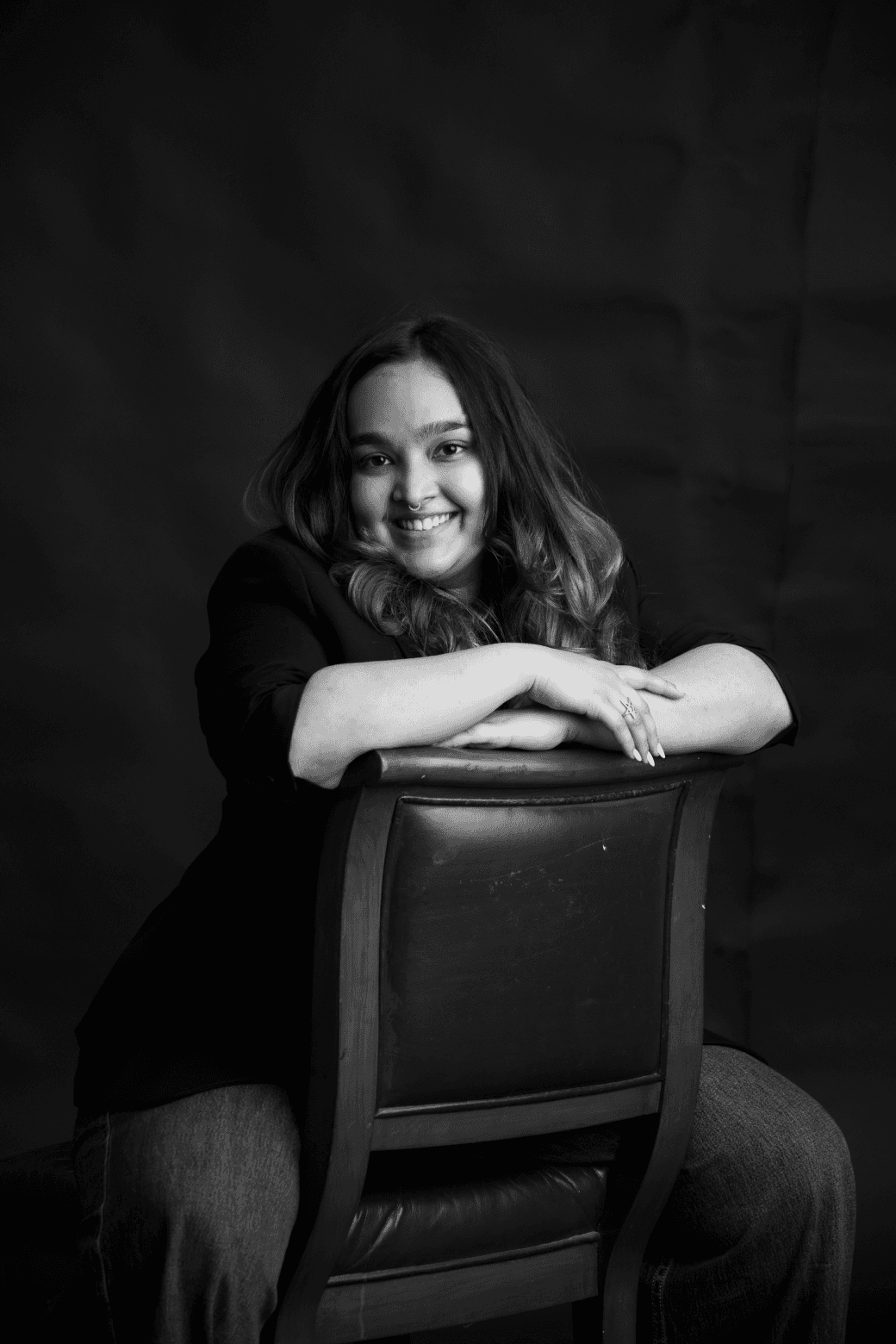About Ghabaraahat
Ghabaraahat is a platform that allows open conversation about anxiety. No questions, doubts or reservations are unwelcome or looked down upon over here.
We exist so people in India have a place to turn to when they are not so sure about how they feel about things like anxiety, mental health, therapy, medication, etc. So that we can all collectively work towards an India that encourages and allows working on your mental health.
We especially welcome feedback and inputs through the question box that you can find by clicking: this. Feedback can be in the form of questions, suggestions or simply, reactions. You can also choose not to disclose your name and contact information if you want to remain anonymous.
We look forward to hearing your thoughts and towards making India less anxiety-hesitant, together.
Mission
At Ghabaraahat, we aim to change the narrative around anxiety by putting it through the test of questions, assumptions and beliefs that have been passed down through generations. We want to know what anxiety means in urban India - why we are anxious and how we are dealing with it.
Vision
Through Ghabaraahat, we hope that urban India not only knows what anxiety is, but understands it and feels comfortable with it. They feel comfortable with it in themselves, their families, friends, colleagues, whoever it may be. That we collectively change the conversation around anxiety.
About The Editor

Hi, my name is Aashi Tibrewal, and Ghabaraahat is my small contribution in the push towards accepting mental health and shamelessly talking about it in our country.
I’m 22 years old and I have had anxiety for about 18 years - which is as far back as I can remember, I’ve always “worried too much.”
At 17, before moving away for university, right at the peak of COVID, my anxiety peaked too. My body felt like it was giving up on me, and rightly so, it’s not like I made an effort for it. I decided to change this by fighting every fearful bone in my body and asked my parents that I be allowed to speak to a therapist. To their credit, they said yes, they paid for it too, “they didn’t understand it, but they accepted it”, is the deal I was given. And I was happy with this at the time.
In the next 6 months that followed, I went to therapy once, sometimes twice a week. And before every session when my door-lock clicked shut, my mother’s stomach turned along with it. You see the thing about things that you don’t understand is, you think you’re okay with them, but more often than not, they eat away at you. It feels like a constant tower of terror. You sit on the ride willingly, you strap yourself in a harness that feels protective enough, you know exactly how the ride is going to move - up, and then down, and then up and then down again, but you still feel a giddy feeling, a small, anticipated, yet unwavering sense of fear.
That fear might have been so much bigger, for my mother, who saw her teenage daughter struggling, unable to talk to her, needing professional help for a condition she did not understand, speaking to another person who barely knew her, taking medication she knew nothing about and had always been told to stay away from, the same daughter that was moving away in a couple of months, and would have to struggle on her own. An unimaginable feat really.
Fast forward 4 years, I started my Master’s in Science Communication. My pursuit to understand why the conversation about seeking help for mental illnesses did not reach India for so long. What is “The West” doing that we are not? Why are we ‘behind’? And it is simply that we’re different. We have different ways to talk about these things, we have different ways to deal with things.

The first account of anxiety recorded in India, actually goes way back to Ramayan and Geeta. With Marrich presenting signs of PTSD and Kans Mama presenting signs of Generalised Anxiety Disorder, Indian literature has always recognised mental health problems. Even if they are not explicitly named, the presentation of symptoms is documented.
Obviously I am not going to stand here and say we’ve done everything right. We let The West write the narrative for us, we let their stories erase ours. We let them rebrand things and make them foreign to us. Ayurveda disappeared into essential oils, yoga into breathing techniques. We became weary of this very alien concept which isn’t so alien at all. While we are receptive towards conversations about mental health, now more than ever, a lot of barriers still stand between us and healthy communication, and effectively seeking help.
After spending the last five years, helping my parents understand my anxiety, I’ve understood that these walls will only come down with time, effort, mutual understanding and lots of love.
At least that’s our hope, at Ghabaraahat, and that’s what we want to bring to the table.
Acknowledgments
- Dr. Nidhika Bahl - Psychologist, Personal and Career Counselor
- Dhriti Lakhani - NLP Practitioner
- Kavita Mungi - Psychologist
- Madhulika Agarwal - Spiritual Psychologist and Practitioner, Child Psychologist
- Palak Shah - Counseling Psychologist, Arts-Based Therapy Practitioner
